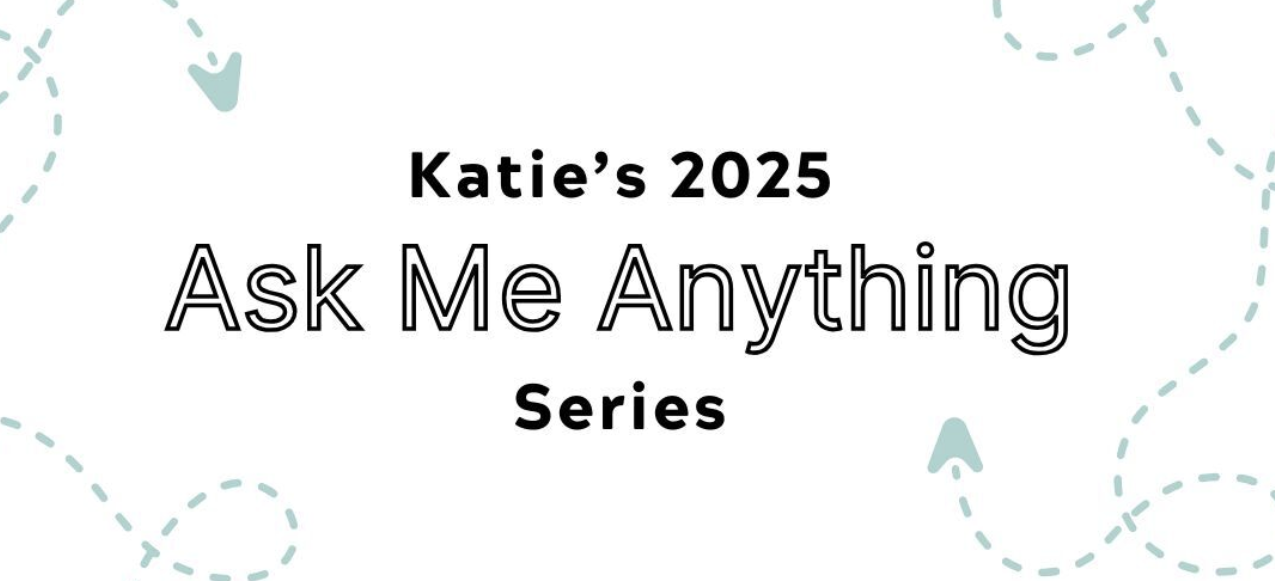Everyday, we have many choices in front of us, but it’s only once in
while that we have to make a really large decision. One where we have to
pick door number one, or door number two. One that could impact the
trajectory of our career or our life.
This week, I had one of those decisions. I can’t really share details,
but I can say that it was a professional decision and that the end
result was me saying no to something that would have significantly
changed my work life day-to-day and in the long term.
These kinds of decisions aren’t easy.
The amount of mental energy that is spent deciding, and all of the other
questions that we ask ourselves during a professional crossroads is
amazing. We could ruminate on these topics for hours. Many people hire
coaches, therapists, or engage willing (or unwilling) partners and
friends in hours-long discussions to weigh the pros and cons of
different scenarios.
I’ll admit, I did some of this ruminating myself.
These discussions always include questions about timing, money, and
effort. But they are also discussions of basic human needs such as
happiness, recognition of our talents, being valued for our strengths,
the benefits that will allow us to take care of our basic needs, and the
alignment of our most important values with the place (and the people)
where we spend the majority of our time each week.
As a coach, I have spoken with dozens of clients who are trying to
decide what their next professional steps will be and, most importantly,
why those should be their next professional steps. My job as a
coach is to root those conversations in discussions of professional
values and questions of what matters when it really comes down to it.
This is where the radical self-trust piece comes in. We need to deeply
know ourselves, and our values, to make these kinds of crossroads
decisions with any semblance of peace.
In his book The Quarter-Life Breakthrough, Adam Smiley
Poswolsky points out the dangers of blindly following a career ladder
that has been determined by someone else’s standards. In particular, he
argues that too much focus on career progress can inhibit one from
taking risks or taking action because of concerns about how it might
impact future success. He also says that “ladders encourage people to
avoid new challenges in exchange for safety” (p. 6).
I see this a lot in higher education. Some of my clients question
whether they are in the job they are meant to be in (such as the tenure
track), but since they are on what academia has prescribed as the
pathway for success, they question their own instincts. Others tell
them they would be crazy to step off that pathway and pursue something
different. They often come to coaching because they want permission to
explore other options.
Instead of following a prescribed path, Smiley Poswolsky advocates that
people find work that is meaningful to them on a personal level–and he
knows what he’s talking about. Smiley Poswolsky left a job working for
the Peace Corps knowing that the work was meaningful to others, but also
that it was not meaningful in the right ways for him.
He defines meaningful work as that which “provides personal meaning,
reflecting who are you are what your interests are; allows you to share
your gifts to help others; provides a community of believers that will
support your dreams; and is financially viable given your desired
lifestyle” (p. 37).
This definition offers us a series of helpful questions:
- Does your work provide personal meaning to you?
- Does your work reflect who you are and what your interests are?
- Does your work allow you to share your gifts to help others?
- Does your work provide a community of believers that will support your dreams?
- Is your work financially viable given your desired lifestyle?
If you answer “no” to any of those questions, you now have some idea of
where your current job may be lacking in the “meaningfulness”
department.
The key question that unlocked my most recent crossroads decision was this: what gives my work meaning?
Reflecting on this question brought me enough clarity to move forward with confidence.
Are you at a career crossroads or trying to make a big decision? Hit
reply and tell me about it. I’ll offer a free coaching session to the
first three people who respond.



